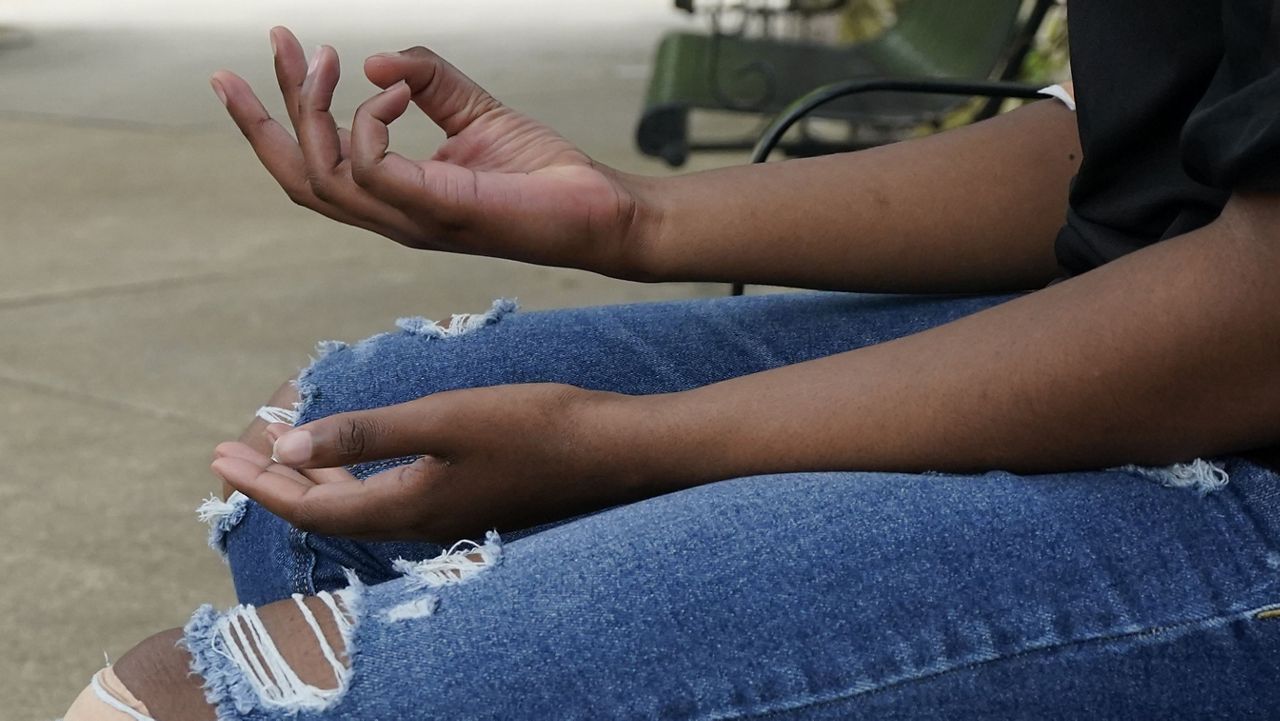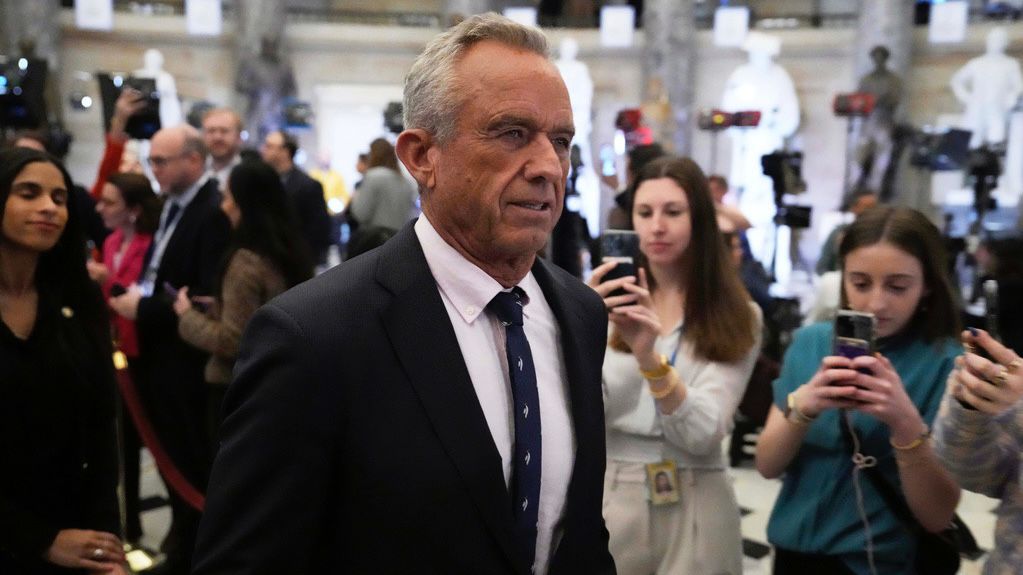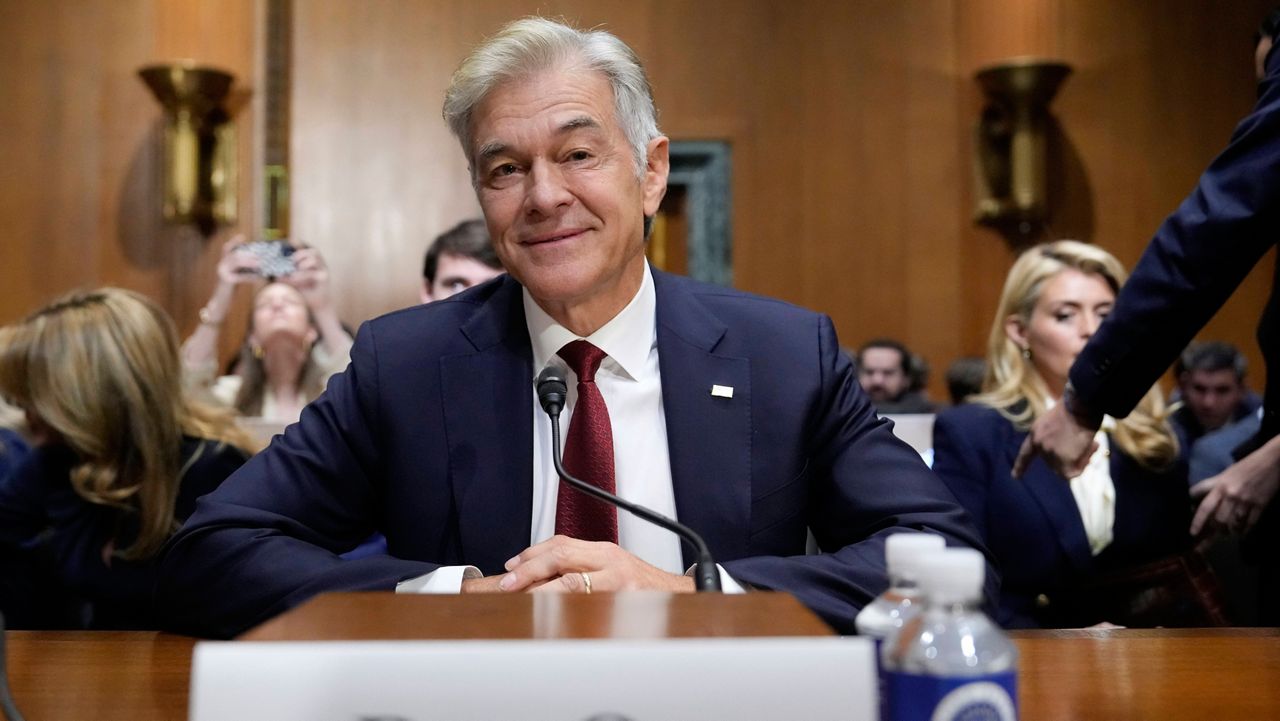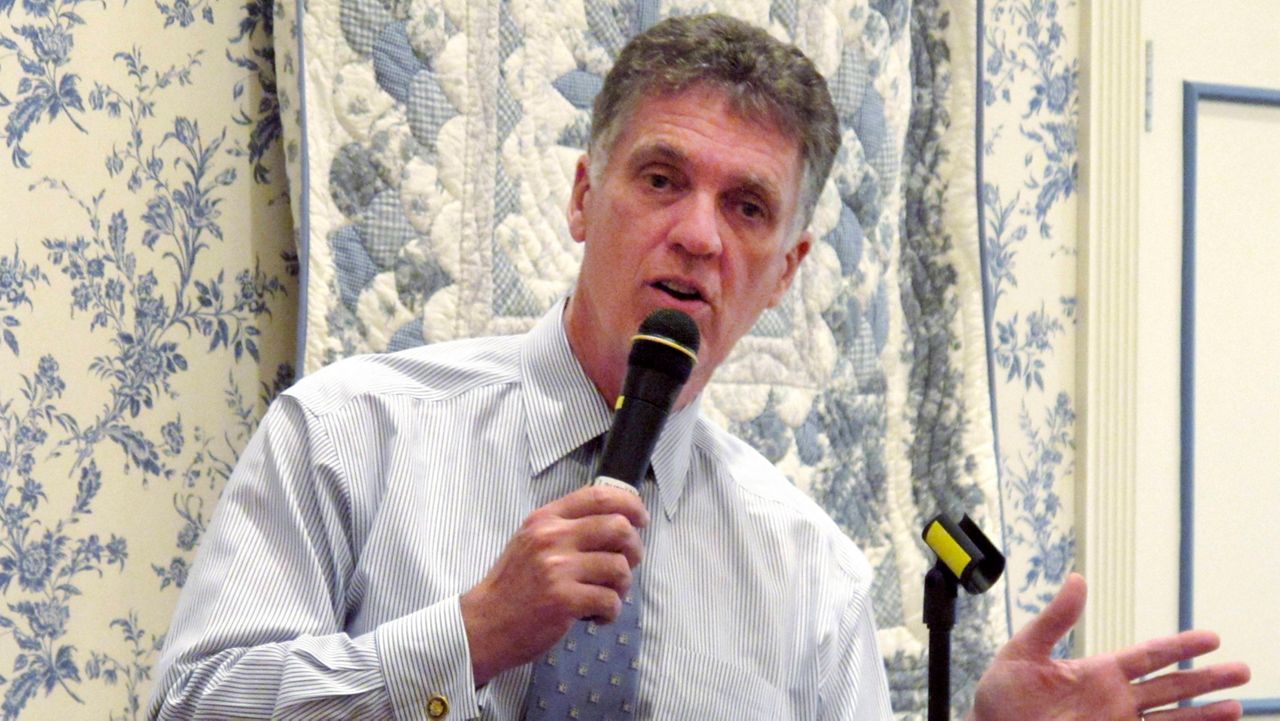To coincide with Mental Health Day of Action, the Biden administration unveiled new steps Thursday it’s taking to combat what it calls “an unprecedented mental health crisis” impacting people of all ages.
What You Need To Know
- To coincide with Mental Health Day of Action, the Biden administration unveiled new steps Thursday it’s taking to combat what it calls “an unprecedented mental health crisis” impacting people of all ages
- While the measures apply to a broad segment of the population, a number of them focus on children and adolescents
- The Education Department released a proposed rule Thursday that would allow Medicaid billing processes to be revised to make it easier for schools to provide mental health services to students with Medicaid
- Meanwhile, the Biden administration is awarding $280 million in funding to bolster the pipeline of mental health professionals — including school psychologists, counselors and social workers — working in schools or with school-based health services
- The Biden administration also announced Thursday $200 million in new funding to expand the capacity of the 988 suicide and crisis hotline
While the measures apply to a broad segment of the population, a number of them focus on children and adolescents. A survey by the Centers for Disease Control and Prevention released in March found that 44% of high school students — and nearly three in five girls — reported struggling with persistent feelings of sadness or hopelessness.
The survey also found that 13% of female students and 7% of male students attempted suicide in 2021.
The Education Department released a proposed rule Thursday that would allow Medicaid billing processes to be revised to make it easier for schools to provide mental health services to students with Medicaid. In addition, the Centers for Medicare & Medicaid Services updated its school Medicaid-claiming guide. Susan Rice, President Joe Biden’s domestic policy adviser, told reporters the changes will help cut red tape, making it easier “to deliver critical healthcare to students and to get paid for it.”
Meanwhile, the Biden administration is awarding $280 million in funding to bolster the pipeline of mental health professionals — including school psychologists, counselors and social workers — working in schools or with school-based health services. The Education Department announced earlier this week it had awarded $95 million of that total in grants across 35 states to help high-needs school districts.
The Biden administration also is investing in early childhood mental health by awarding nearly $10 million in grants to organizations for providing interventions and treatment services to children from birth to 12 years old.
"Taken together, these actions will help save lives," Rice said. "Investing in kids’ mental health today will pay dividends down the line for students, their families and America as a whole."
At this State of the Union speech in March, President Joe Biden announced a national strategy to transform how mental health is understood, accessed and treated.
“Let’s do more on mental health, especially for our children,” he said. “When millions of young people are struggling with bullying, violence, trauma, we owe them greater access to mental health care at school.”
The Biden administration also announced Thursday $200 million in new funding to expand the capacity of the 988 suicide and crisis hotline. The money will be spent in part on helping states hire and train a 988 workforce.
And the federal government is looking to expand access to peer support — people who’ve experienced mental health struggles or substance abuse and are now working to help others facing similar challenges. The Substance Abuse and Mental Health Services Administration will announce in the coming weeks a national standard for peer certifications, which aims to improve consistency across certifications as well as the quality of the peer workers.
Other actions being taken include making it easier to find mental health care through the new website FindSupport.Gov, supporting mental health of workers through guidance and training resources for employers, and reducing the stigma surrounding mental health struggles for service members and veterans, which includes a Department of Veterans Affairs campaign showcasing veterans’ stories of getting help.
In addition, earlier this month, Surgeon General Vivek Murthy issued an advisory on addressing loneliness, which is associated with a greater risk of cardiovascular disease, dementia, stroke, depression, anxiety, and premature death. The CDC launched a website with suggestions on how to combat loneliness by improving social connections.








